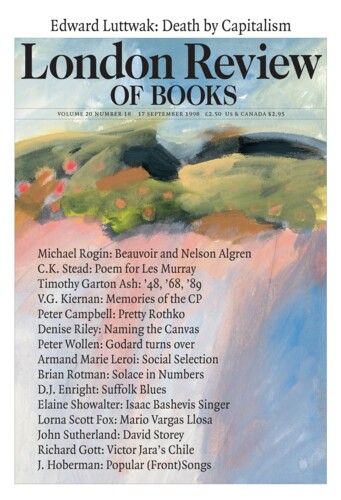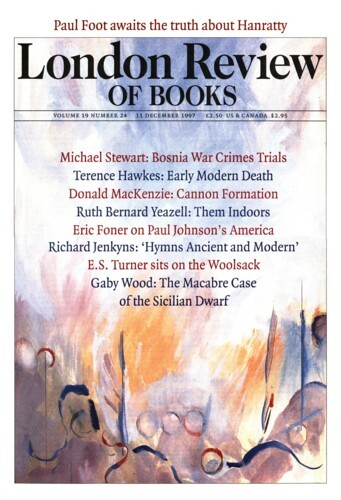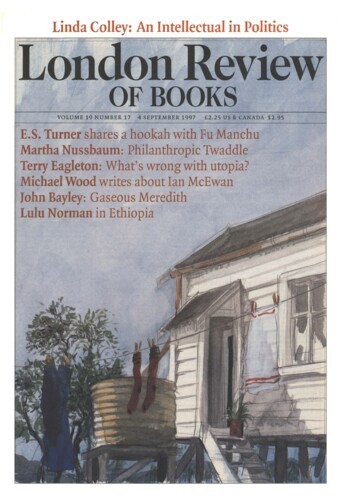Sing, Prance, Ruffle, Bellow, Bristle and Ooze: Social Selection
Armand Marie Leroi, 17 September 1998
For the past three years, the London School of Economics has been holding a seminar series, or rather a salon, snappily titled Darwin@LSE. These seminars are always invigorating, and never more so than one evening this February when W.G. Runciman urged the necessity of refounding sociology along Darwinian lines. Weary of such pronouncements though they might be, even the most sceptical sociologists could not have failed to realise that here was a serious challenge to theoretical orthodoxy. For the speaker was no renegade entomologist, but the author of A Treatise of Social Theory, arguably the most deeply considered and formidable exposition of historical sociology in recent times and one, moreover, that rests on a Darwinian view of society. But as Runciman, the most courtly of men, argued his case with wit, clarity and the utmost intellectual candour, I found myself engaged with a nagging question: who is his tailor?




